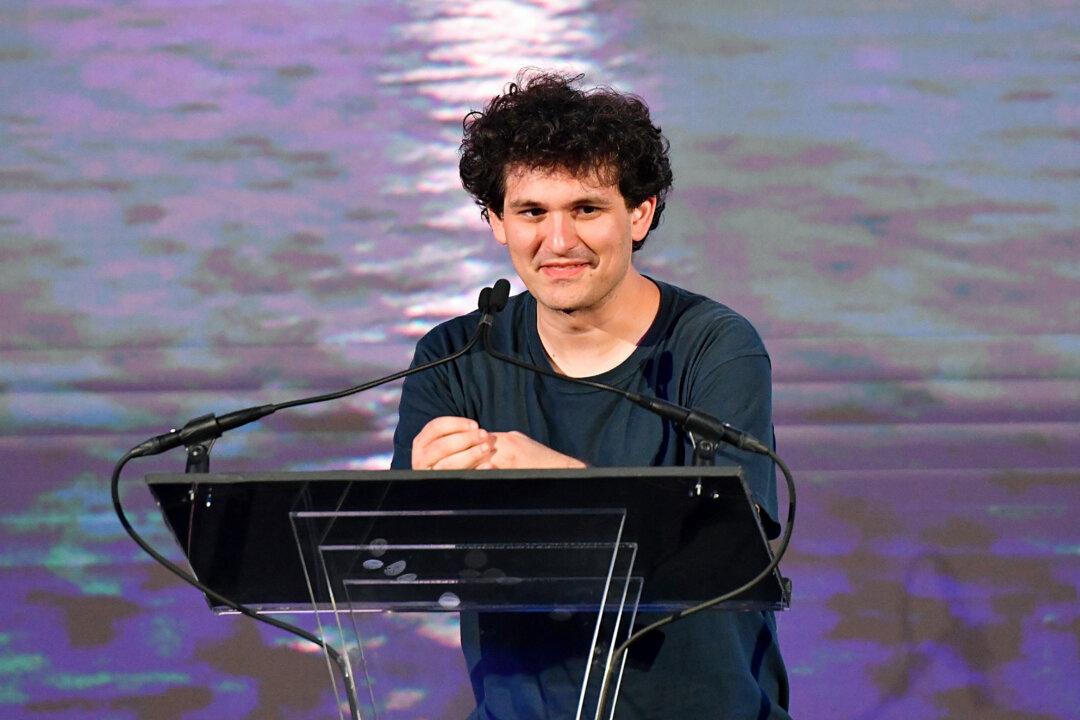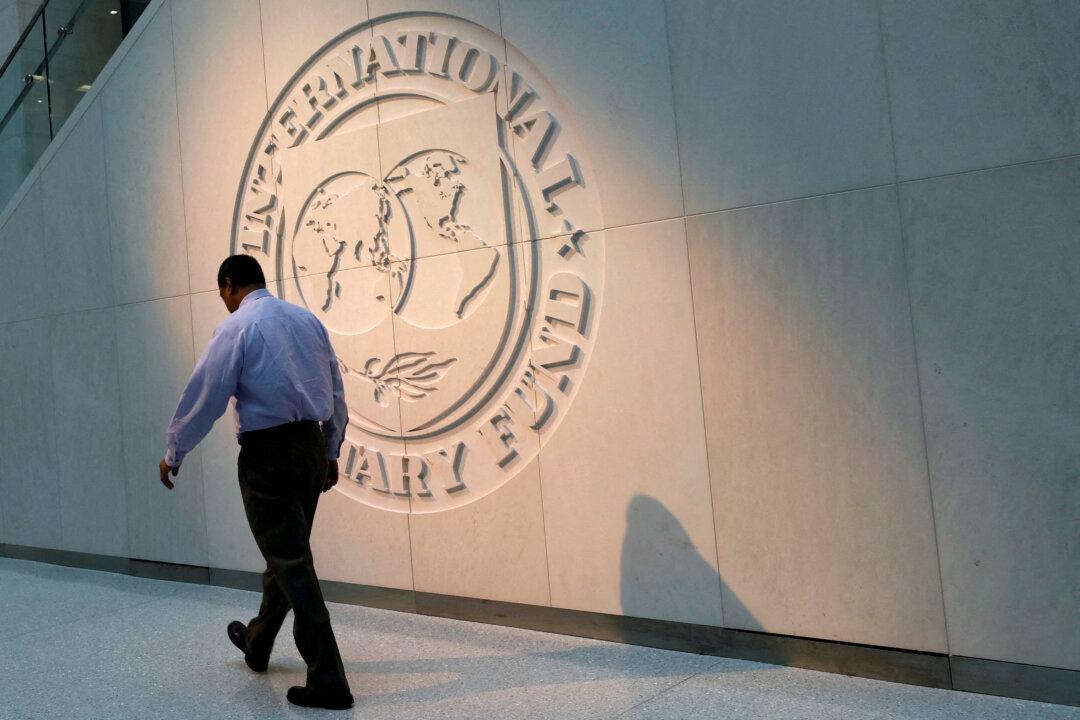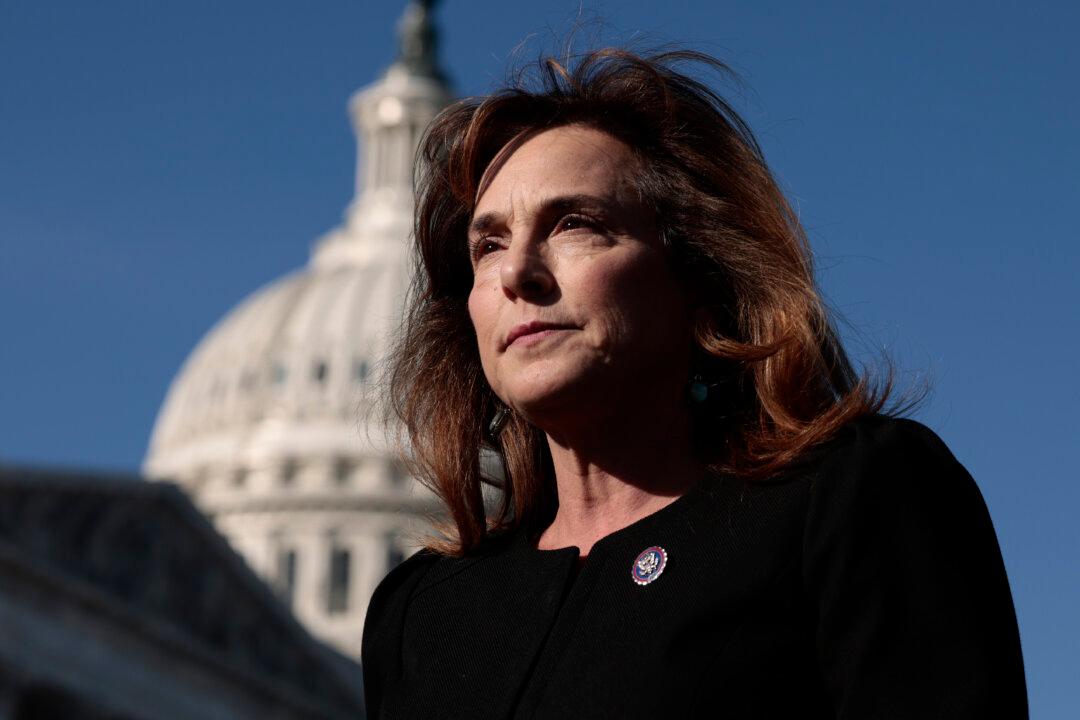FTX founder Sam Bankman-Fried gave millions to various media outlets throughout 2022 via his family-run nonprofit, “Building a Stronger Future.” The major companies that received funding include Vox, ProPublica, Semafor, and The Intercept.
In some cases, donations appear to be crucial to the viability of the recipients.




